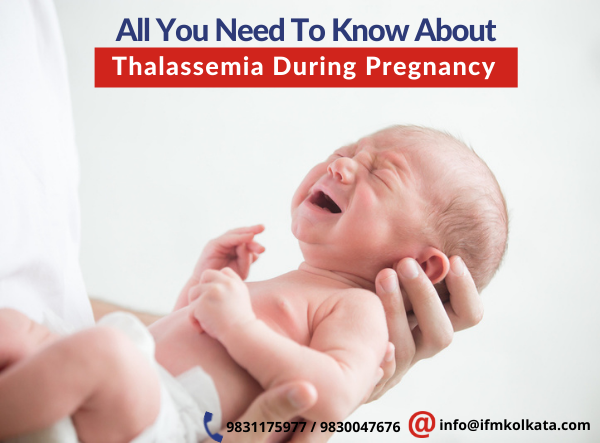Pregnancy is a time filled with anticipation and joy, but for some, it carries added concerns due to certain risk factors. One critical tool in managing these concerns is the fetal echocardiogram or fetal echo. This specialized ultrasound scan provides a detailed look at the baby’s heart before birth, offering invaluable insights, especially in high-risk pregnancies. But why is fetal echo so important, and when should it be done? Let’s explore this in detail.
What is a Fetal Echo?
A fetal echocardiogram is an advanced ultrasound examination focused specifically on the fetal heart. Unlike a routine ultrasound, which provides a general overview, a fetal echo captures detailed images of the heart’s anatomy and function. It assesses the size and shape of the heart chambers, valves, and the flow of blood through the heart, and the heart’s rhythm and rate. This detailed evaluation helps detect congenital heart defects (CHDs) — structural problems in the heart present from birth.
Why Is Fetal Echo Crucial in High-Risk Pregnancies?
Certain pregnancies carry a higher risk of fetal heart abnormalities due to maternal or familial factors. In such cases, fetal echocardiography becomes a vital diagnostic step. Here’s why:
- Family History of Heart Defects: If one or both parents have a history of congenital heart disease or if a previous child had a CHD, the risk to the current fetus increases. Fetal echo allows early detection and timely planning.
- Maternal Health Conditions: Diseases such as diabetes mellitus, lupus, phenylketonuria (PKU), or infections like rubella during pregnancy can increase the chance of fetal heart defects.
- Abnormal Findings on Routine Ultrasound: Sometimes, during a regular anomaly scan, subtle signs may hint at a possible heart problem. A fetal echo helps confirm or rule out these suspicions.
- Exposure to Teratogens: Use of certain medications, alcohol, drugs, or environmental toxins during pregnancy can adversely affect fetal heart development.
- Multiple Pregnancies: Twins or higher-order multiples specially monochorionic pregnancies have a higher risk of heart defects, warranting a fetal echo.
Early identification of heart abnormalities allows doctors to:
- Plan for specialized care during pregnancy
- Counsel parents about the condition and expected outcomes
- Decide the optimal time and mode of delivery to ensure immediate new-born care
- Arrange for postnatal interventions, including surgery if needed
When Should a Fetal Echo Be Performed?
The ideal time for a fetal echocardiogram is typically between 18 and 24 weeks of gestation. By this stage, the fetal heart is developed enough to provide detailed images for accurate assessment. However, in some cases, especially where early concerns arise, the scan can be done earlier or repeated later.
What Does a Fetal Echo Involve?
- The procedure is non-invasive and safe for both mother and baby.
- It uses high-frequency sound waves to generate heart images.
- Usually performed by a trained fetal cardiologist or sonographer.
- May take 30-60 minutes, depending on fetal position and complexity.
Benefits of Fetal Echo in High-Risk Pregnancies
- Early Detection of Heart Defects: Enables prompt medical decisions and reduces complications.
- Better Parental Counselling: Families receive accurate information and psychological preparation.
- Coordinated Multidisciplinary Care: Obstetricians, pediatric cardiologists, and neonatologists work together to optimize outcomes.
- Improved Survival and Quality of Life: Early intervention can significantly improve prognosis for many congenital heart conditions.
Common Congenital Heart Defects Detected by Fetal Echo
- Ventricular Septal Defect (VSD)
- Hypoplastic Left Heart Syndrome (HLHS)
- Tetralogy of Fallot
- Transposition of the Great Arteries
- Atrioventricular Septal Defect
Detecting these early guides management before and after birth.
For pregnancies with risk factors, undergoing a fetal echocardiogram is not just important; it is essential. This detailed heart scan provides clarity and reassurance, helping doctors prepare for the best possible care tailored to each baby’s needs. If you or your healthcare provider identify risk factors, consult a fetal cardiology specialist to schedule this vital scan. Early knowledge means better planning and better outcomes for both mother and child.






